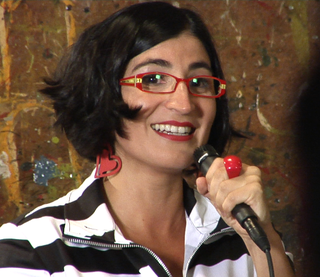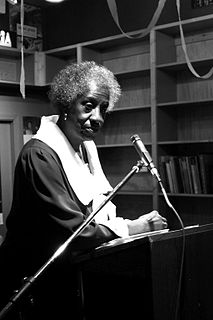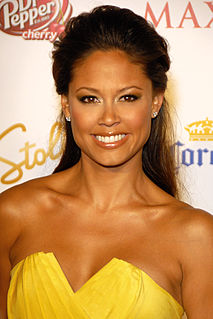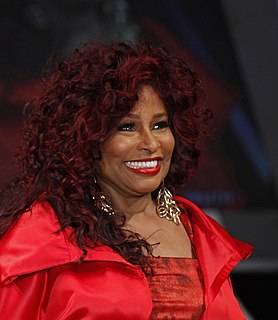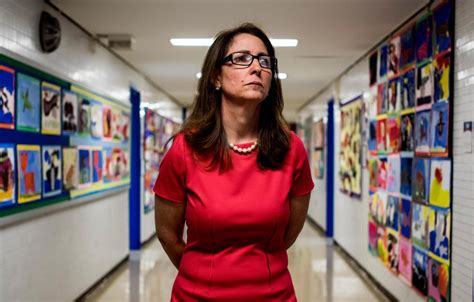A Quote by Negin Farsad
The fundamental truth guiding social justice comedy is that people are not shitty. That sounds cheesy, but that's how I have to approach it. Everybody has the capacity for change.
Related Quotes
Change depends on people knowing the truth. Change depends on people speaking that truth out loud. That's what movements do. Movements educate people to the truth. They pass along information and ideas that many others do not know, and they cause them to ask questions, to challenge their own long-held beliefs. ... Movements are the way ordinary people get more freedom and justice. Movements are how we keep a check on power and those who abuse it.
If we hope to stem the mass destruction that inevitably attends our economic system (and to alter the sense of entitlement - the sense of contempt, the hatred - on which it is based), fundamental historical, social, economic, and technological forces need to be pondered, understood, and redirected. Behavior won't change much without a fundamental change in consciousness. The question becomes: How do we change consciousness?
It is urgent to shift from a traditional, authoritative, rote educational approach to a project-based and experiential approach. Specific hard skills are fundamental, but is even more important that students 'learn how to learn' and focus on crucial soft skills such as flexibility and the ability to adapt to change.
People never hurt others in moments of personal strength and bravery, when they are feeling good about themselves, when they are strong and confident. If we spent all of our waking moments in that place, then fighting for social justice would be redundant; we would simply have social justice and be done with it, and we could all go swimming, or fishing, or bowling, or dancing, or whatever people do. But it is because we spend so much of our time in that other place, that place of diminished capacity, of flagging energy, or wavering and somewhat flaccid commitment, that we have to be careful.
The question is not what anybody deserves. The question is who is to take on the God-like role of deciding what everybody else deserves. You can talk about 'social justice' all you want. But what death taxes boil down to is letting politicians take money from widows and orphans to pay for goodies that they will hand out to others, in order to buy votes to get re-elected. That is not social justice or any other kind of justice.
